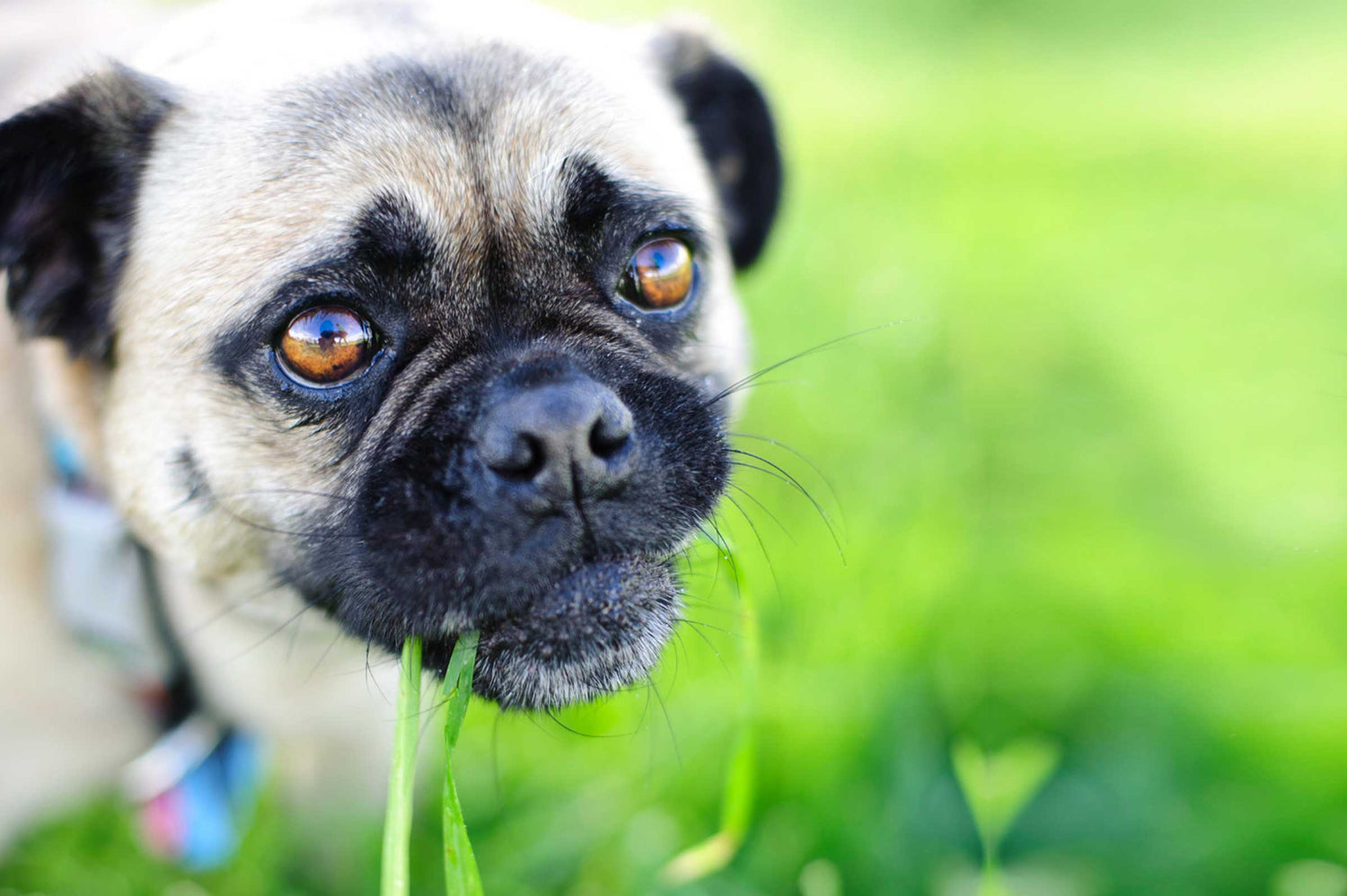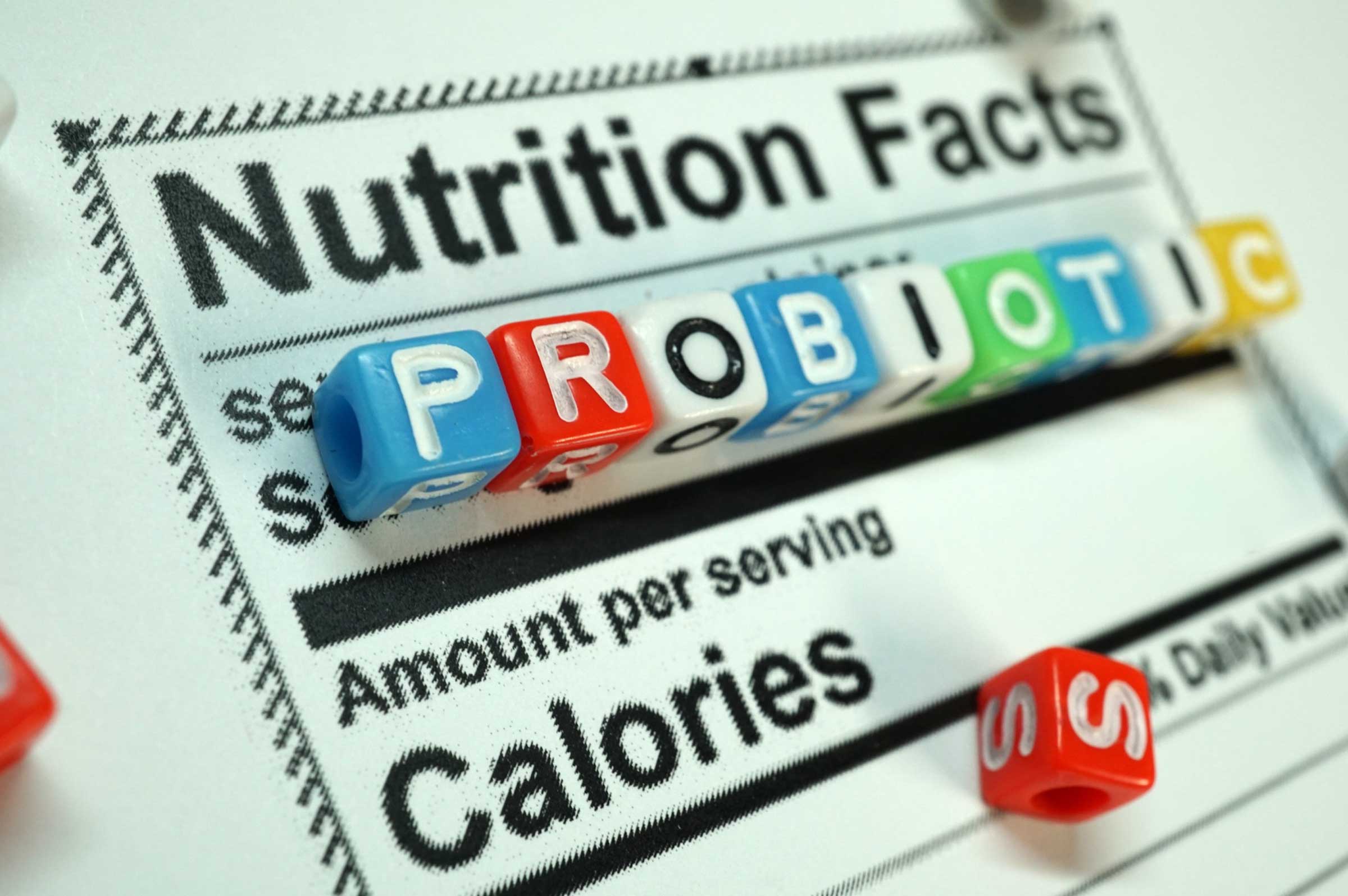As a dog owner, you might have observed your furry friend munching on grass during walks or in your backyard. This common behavior often raises concerns and questions: Is it safe? Why do dogs do it? Should you be worried? In this blog post, we'll delve into the reasons behind this grassy snack and whether it's something to be concerned about.
Why Do Dogs Eat Grass?
There are several theories about why dogs eat grass. One possibility is that dogs might lack certain nutrients, such as fiber, in their diet, and grass could provide some of these missing elements. Another theory suggests that dogs eat grass to induce vomiting and alleviate an upset stomach, as grass can tickle the throat and stomach lining, causing the dog to vomit and potentially feel better afterward.
Some experts believe that this behavior is instinctual, passed down from their scavenger ancestors who consumed plant material. Boredom or anxiety might also drive dogs to eat grass, especially if they are left alone for long periods or don't get enough mental and physical stimulation. Lastly, it's entirely possible that some dogs simply enjoy the taste and texture of grass.
Is It Safe for Dogs to Eat Grass?
In general, eating grass is not harmful to dogs. However, there are a few considerations to keep in mind to ensure your dog's safety. First, ensure that the grass your dog is eating has not been treated with pesticides, herbicides, or other chemicals that can be toxic. If you use lawn treatments, keep your dog away from the grass until it is safe.
It's also important to make sure your dog isn't eating other plants that might be harmful, as some plants and flowers can be toxic to dogs. While occasional vomiting is normal, if your dog frequently eats grass and vomits, it might indicate an underlying health issue. Eating small amounts of grass occasionally is usually fine, but consuming large quantities could lead to digestive blockages or other issues. Monitor their grass consumption and consult your vet if you notice any problems.
What Should You Do?
If your dog enjoys eating grass, there are steps you can take to ensure their safety and well-being. Provide a balanced diet that offers all the necessary nutrients to reduce the likelihood of grass-eating due to nutrient deficiency. Make sure the grass your dog is munching on is in a safe, pesticide-free area. Consider designating a specific patch of grass for them if possible.
Keep an eye on your dog's grass-eating habits, and if it becomes excessive or is accompanied by other symptoms like vomiting, lethargy, or diarrhea, seek veterinary advice. Ensure your dog gets plenty of exercise, playtime, and mental stimulation to reduce the likelihood of grass-eating out of boredom or anxiety.
Conclusion
In most cases, grass-eating is a harmless behavior for dogs. It can be part of their natural instincts or a sign of other needs. By providing a balanced diet, a safe environment, and proper care, you can help ensure your dog's grass-eating remains a benign habit. Always keep an eye on any changes in your dog's behavior and consult with your veterinarian if you have concerns. After all, your dog's health and happiness are of utmost importance. Make sure to give your best friend the right VetSmart products to keep them healthy and happy!
By understanding why dogs eat grass and taking steps to ensure their safety, you can allow your furry friend to indulge in this natural behavior without worry. Happy walking and grazing!











